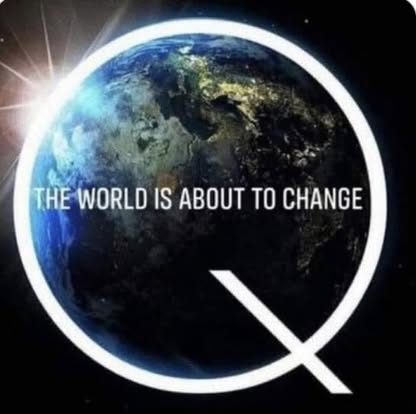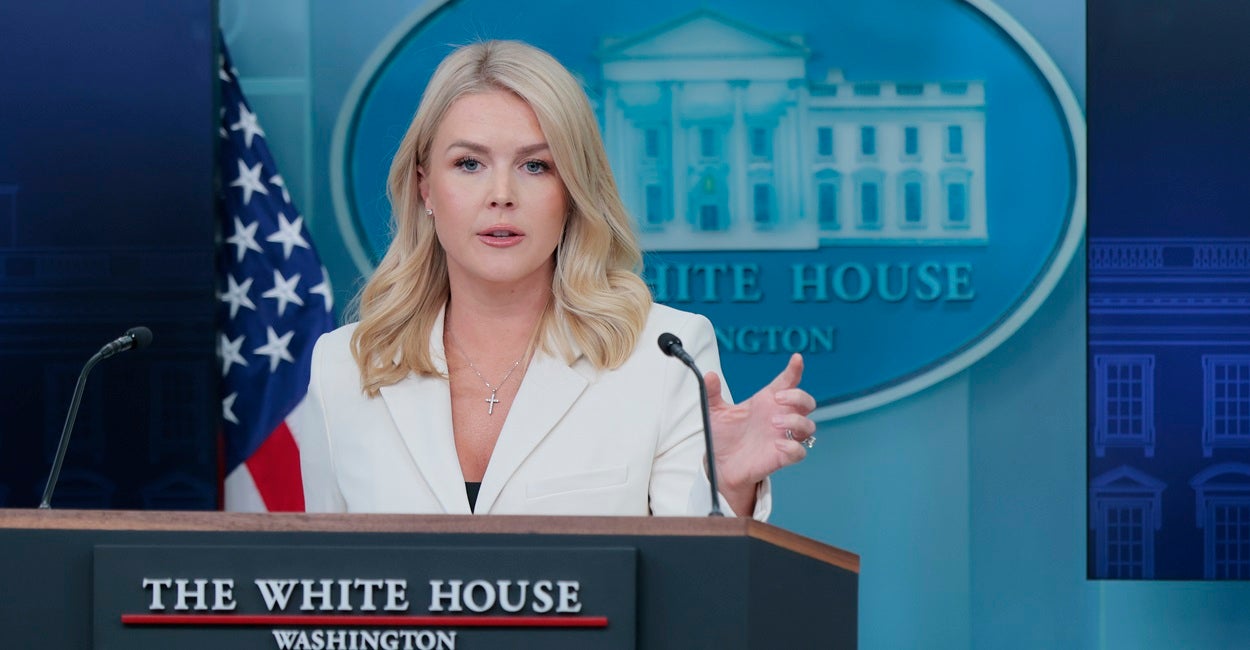
White House Press Secretary Karoline Leavitt, in a post on X (formerly Twitter) on May 15, shared an anecdote from her breakfast in Doha, Qatar, where a waiter from Kashmir reportedly thanked US President Donald Trump for helping bring about a ceasefire between India and Pakistan.
“…my waiter told me to thank President Trump for him,” Leavitt wrote. “I asked him why. He told me he is from Kashmir, and he has been unable to return home in recent weeks due to the India-Pakistan conflict. But he was just notified that he’s now able to return, thanks to the ceasefire mediated by President Trump, @VP & @SecRubio.”
Trump not getting ‘enough credit’
According to Leavitt, the waiter felt that Trump’s role in defusing the crisis has not received proper recognition.
“He said President Trump is not receiving enough credit for literally preventing a nuclear war — and he is right!” she stated in her post.
‘Golden Age’ of Middle East diplomacy
Leavitt used the anecdote to underscore what she described as a broader foreign policy shift under President Trump, characterising his current trip to the Middle East as transformative.
“President Trump inherited so many conflicts around the globe, and he is tackling them one at a time,” she wrote. “This historic trip to the Middle East has marked a significant turn in U.S. foreign policy in the region that will finally usher the Golden Age of the Middle East!”
Peace through strength
Concluding her message, Leavitt echoed a familiar Trump-era slogan: “Peace, through strength, is being restored!”
Trump claims India-Pakistan truce credit; India says DGMO-led deal
Trump has claimed that his administration played a key role in brokering the recent ceasefire between India and Pakistan following the deadly Pahalgam terror attack and the subsequent cross-border strikes under India’s Operation Sindoor.
Speaking at the US-Saudi Arabia Investment Forum in Qatar on May 13, Trump declared: “Just days ago, my administration successfully brokered a historic ceasefire to stop the escalating violence between India and Pakistan. I used trade to a large extent. I said let’s make a deal, let’s do some trading. Let’s not trade nuclear missiles, let’s trade the things you make so beautifully.”
He praised the leadership in both nations, saying: “Both have very powerful, strong and smart leaders. It all stopped and hopefully it will remain that way…They [India-Pakistan] are actually getting along.”
Background: Operation Sindoor and escalation
The remarks came days after India launched precision strikes on nine terror targets in Pakistan and Pakistan-occupied Kashmir on May 7, in retaliation for the April 22 Pahalgam attack in Jammu and Kashmir, which killed 26 civilians, most of them tourists.
Pakistan responded with strikes on Indian military installations on May 8, 9, and 10. The Indian armed forces countered with retaliatory attacks on several Pakistani military targets.
Ceasefire on May 10, but India denies third-party mediation
Hostilities ended on May 10 after a mutual decision to cease all military actions on land, air, and sea. Indian government sources said this understanding was reached through Director General of Military Operations (DGMO)-level talks between the two countries.
They strongly denied any third-party involvement.






